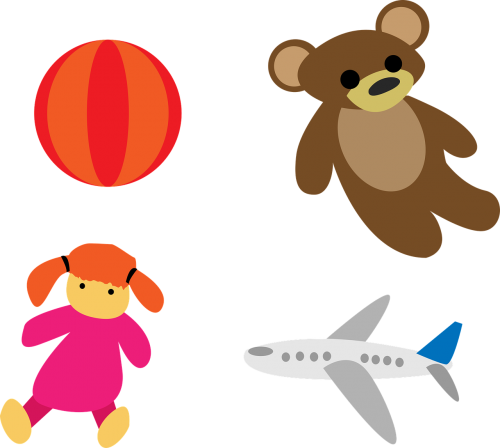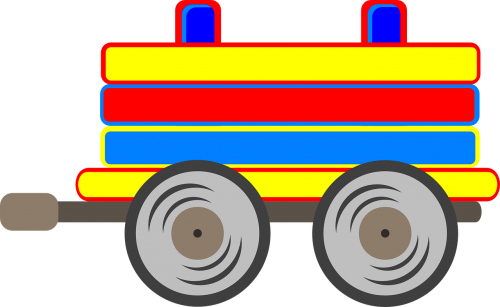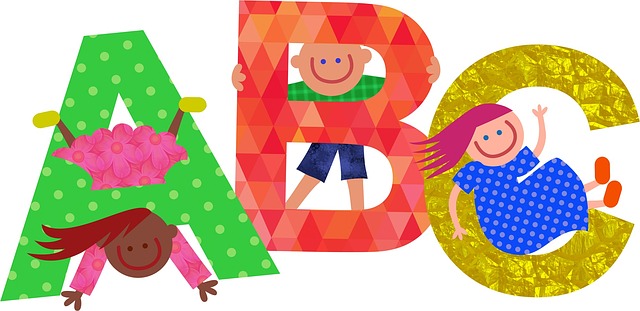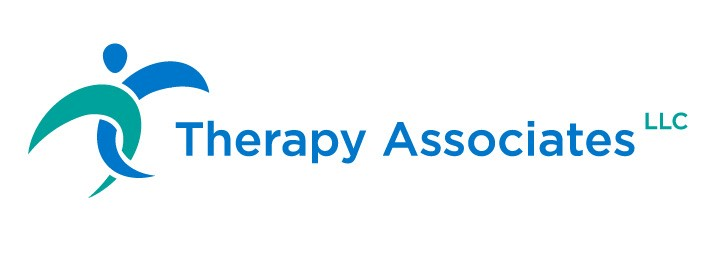Our Services
Occupational Therapy
Occupational therapists work with children who have challenges to fully participate in normal daily activities (e.g., feeding, dressing, playing, or school performance). They do so by using play in therapy to help your child develop the skills he/she needs to perform their job of living and playing, including but not limited to:
- Increasing independence in self-care skills such as feeding, dressing, and grooming.
- Facilitating developmental play skills.
- Advancing fine motor and hand skills for tasks such as writing and coloring.
- Improving developmental skills such as rolling, sitting, and standing.
- Improving their sensory processing, balance, coordination and motor planning.
Your child might benefit from Occupational Therapy if he/she exhibits:
- Poor balance – doesn’t ride a bike, climb on slides, falls frequently, and cries when moved unexpectedly.
- Intolerance to textures, odors, loud sounds, and movement.
- Delayed handwriting or fine motor skills and avoids fine motor activities such as using crayons, fasteners on clothing, and pencils.
- Limited diet, refuses to try new foods, gags when trying new tastes and textures.
- Appears extremely anxious, states frequent fears of harmless things.
- Difficulty tolerating clothing (for example, won’t wear socks, shoes, only wears long or short sleeves, won’t wear jeans, fussy with clothing changes, and clothing is inappropriate for the season).
- Difficulty using two hands together.
- Visual scanning and tracking deficits.
- Delayed crawling and sitting.
- Trouble learning how to jump, skip, ride a bike.
- Decreased ability to throw and catch a ball.
- Struggles with transitions from task to task.
- Frequent crying and tantrums with changes in routine (rigid and inflexible).
- Isolates self from others.
- Frequently runs into and crashes into others and objects, has no awareness of self, or others, in space.
- Has trouble learning new motor tasks.
- Appears floppy, weak, slumps when sitting and standing, prefers activities requiring little movement.
- Doesn’t calm self with sucking on a pacifier, looking at toys, etc.
- Over or under responds to pain.
- Overwhelmed on the playground, during recess, music class, and gym class.

Speech Language Pathology (SLP)
Speech-Language Pathologists assists in helping your child communicate his wants and needs through the building of verbal, social, and cognitive skills. Our SLP’s use play and age-appropriate activities to help your child build the skills he/she needs to relate to and interact with others through developing their skills in the following areas:
- Language (i.e., system of expressing or receiving information – verbal, nonverbal and written).
- Speech (i.e., verbal means of communicating) includes the following:
- Articulation: Or how speech sounds are created internally.
- Voice: Use of the vocal folds and breathing to produce sound.
- Fluency: The rhythm of speech.
- Cognition: Developing attention, memory, abstract reasoning, awareness and executive functions.
- Feeding disorders (i.e., when an infant or child is unable to eat, refuses to eat or has difficulty eating).
- Swallowing disorders or dysphagia (i.e., difficulty swallowing).
If you have concerns about your child’s development, please contact us for an evaluation with a speech-language pathologist at Therapy Associates.

Assistive Technology
Assistive technology service means any service that directly assists a child with a disability in the selection, acquisition, or use of an assistive technology device. At times a child with a disability might benefit from the use of assistive technology such as computers, augmentative communication devices, and adaptive technology peripherals to access the curriculum, narrow the achievement gap, gain essential life skills, and to maximize their potential.
Therapy Associates can assist you and your child in this process by providing AT services in:
- The evaluation of the needs of a child with a disability, including a functional evaluation of the child in the child’s customary environment.
- Coordinating and using other therapies, interventions, or services with assistive technology devices, such as those associated with existing education, habilitation and rehabilitation plans and programs.
- Training or technical assistance for a child with a disability, or if appropriate, that child’s family.
- Training or technical assistance for professionals (including individuals providing education or rehabilitation services), employers, or other individuals who provide services to, employ, or are otherwise substantially involved in the major life functions of that child.

Early Intervention
Our highly skilled practitioners provide comprehensive occupational and speech therapy services to children ages 0–3 years. Birth-3 years is a critical period for brain development, learning, and physical growth. If a child has a disability or is at risk for developing a disability or delayed development, our therapists can assist your child to improve his/her motor, cognitive, sensory processing, communication, social, and play skills to boost development, and minimize the potential for developmental delay. We can guide families to meet the specialized needs of their infants and toddlers.

Play Group
Our playgroup program addresses interpersonal behaviors/skills necessary for positive peer relationships through age-appropriate cooperative games and activities aimed at increasing acceptable social behaviors, developing peer connections, and gaining the functional skills needed to participate as part of a group.

Selfcare
Developing self-care skills is an integral part of a child’s growth as they require planning, sequencing, and motor control. Children are initially reliant on caregivers for self-care but are expected to become self-reliant in these areas as they become older and more mature. Thus, when there are delays or deficits in a child’s expansion of these skills, it often hinders not just their independence, but their integration and participation in social scenarios.
Our self-care program focuses on helping children with disabilities, and or delays, improve their skills in tasks such as dressing and grooming, eating, toileting, bathing, general personal hygiene, sleep, and rest.

Handwriting
In today’s fast pace and high-stakes testing school environments, it is becoming increasingly common for children to have difficulties developing the skills and appropriate pencil grip needed for fluent, legible handwriting. The purpose of the handwriting group is to assess the underlying reasons behind poor handwriting and provide effective intervention through a small group (no more than six children per group). The goals of the handwriting group are to improve pencil control and to write legibly.

Bike Riding
This program, which is offered late spring to early fall, is designed for small groups of 3-4 children who need a little extra help learning to ride their bike.
